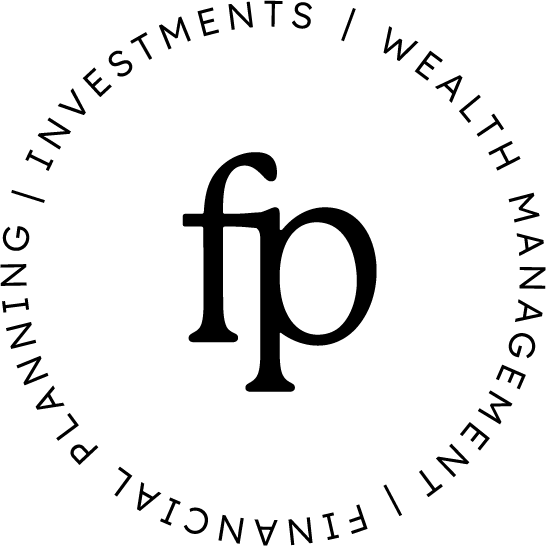I couldn’t not talk about EARTH DAY when the theme this year is “Invest in our Planet.” What a great opportunity to talk about sustainable investing. When it comes to investing in our planet, this is something that has been around for decades.
The reality is that any investment doesn’t have a guarantee of return, but we have seen more interest in sustainable investing. Today on the Thrive For[e]ward podcast, we are addressing … what is it, what should you be looking for, and how to have the conversation with your partner and your financial investor.
What is Sustainable Investing?
Sustainable investing, also called socially responsible investing or ESG investing, is a means of investing in which an investor strongly considers three factors:
o Environment
o Social Change
o Governance
When investing you are not judging solely on the short-term financial gains but the broader picture of how these factors contribute.
ESG looks areas/topics such as:
-
Board and Executive Diversity
-
Pay equity
-
Climate change
-
Diversity in leadership
-
Gender equity
-
Affordable and clean energy
-
Industry, innovation, and infrastructure
-
Proxy voting
Studies show a direct correlation between sustainable business practices, share prices, and business performance. Companies who develop strong Environment Social Governance (ESG) standards have better profitability, stronger financials, happier employees, and more resilient stock performance. (Source: www.earthday.org)
Personally, my belief is that if you want to invest in the planet, think about using reusable bags, think about doing responsible shopping, think about recycling, think about buying secondhand, think about solar panels, electrical vehicles, all those different things.
At the end of the day, some of those things are still going to need waste. So how are we truly changing as a society? We’re looking at where these companies get the most amount of their money to create the next thing that they’re going to sell us? Well, they get it by our investments in them.
Check out our past Thrive For[e]ward episodes related to this topic!
Remember, sustainable investing is just one piece of the puzzle, but it does allow us to make decisions regarding how, when, and why we choose to invest.
If you are interested in learning more about Forethought Planning and how we can help you on your journey, please schedule an appointment to our complimentary 30 min Wealth Assessment session to learn more about how we incorporate these strategies and others to assist you through the financial planning process.
Investments in real estate may be subject to a higher degree of market risk because of concentration in a specific industry, sector or geographical sector. Other risks can include, but are not limited to, declines in the value of real estate, potential illiquidity, risks related to general and economic conditions, stage of development, and defaults by borrower.
Securities offered through LPL Financial, a member of FINRA/SIPC. Advisory services offered through Advisors’ Pride, a SEC registered investment advisor. LPL Financial, Advisors’ Pride, Forethought Planning and the guests of Thrive For[e]ward podcast are separate and unaffiliated parties. Any of the parties listed above are not affiliated with Forethought Planning, Advisor’s Pride, or LPL Financial. The views expressed here are those of the participants, and not those of Forethought Planning, Advisor’s Pride, or LPL financial. The opinions voiced in this material are for general information only and are not intended to provide specific advice or recommendations for any individual. LPL Financial and Forethought Planning do not offer legal services. Socially Responsible Investing (SRI) / Environmental Social Governance (ESG) investing has certain risks based on the fact that the criteria excludes securities of certain issuers for non-financial reasons and, therefore, investors may forgo some market opportunities and the universe of investments available will be smaller.





